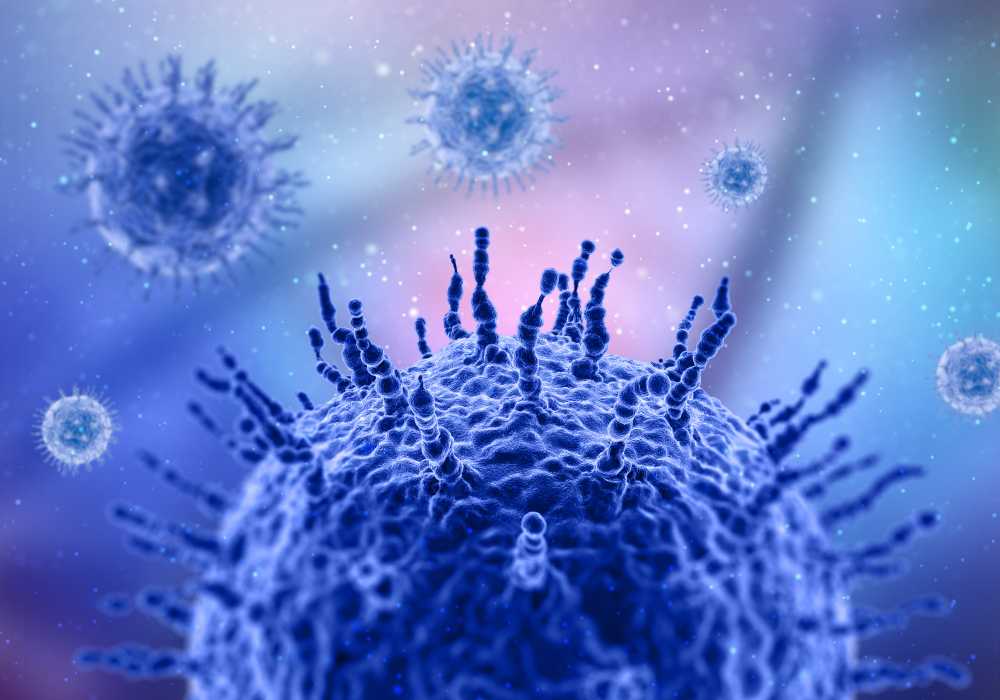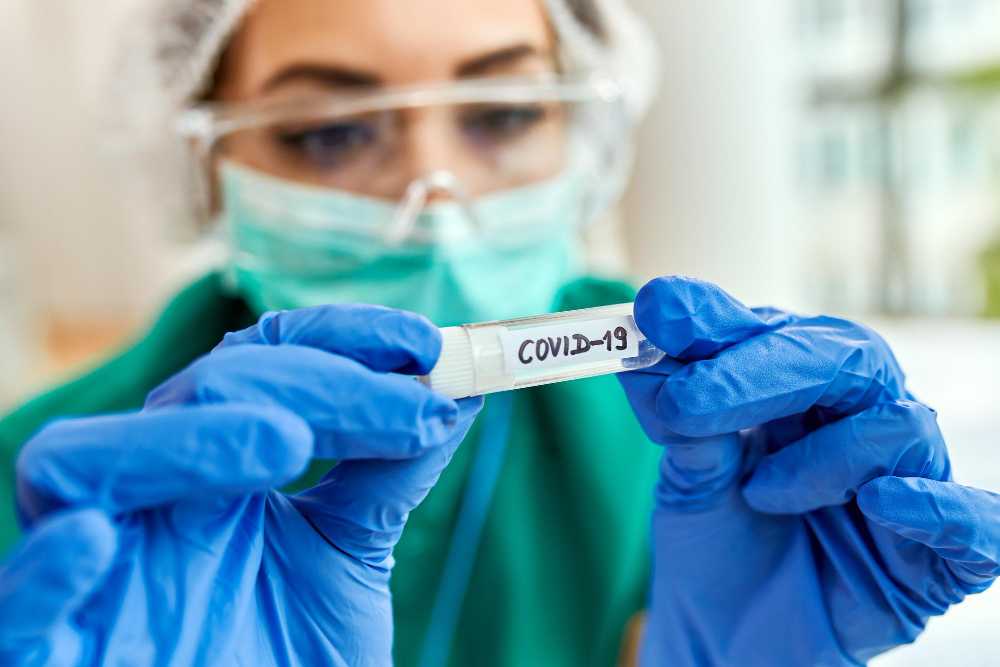The research team at the University of Southampton (https://www.southampton.ac.uk) led by Professor Ann Berrington has examined fertility trends in the UK as part of the Economic and Social Research Council’s Fertility Trends project and the ESRC Centre for Population Change. They have found that fertility rates are persistently lower in Scotland than in England and Wales, and consistently higher in Northern Ireland but, in all countries of the UK, have declined for all age groups. This is true even among older women in their late thirties and forties, among whom fertility had risen due to more women at older ages having children despite previously delaying their childbearing.
The researchers put forward several mechanisms through which the pandemic could affect childbearing, according to the age of the individual and the presence of children. For people under the age of thirty, most mechanisms exert a depressing effect on childbearing. Some possible reasons include a lack of socialising because of lockdowns and more economic uncertainties caused by the fallout of the pandemic. Historical evidence on fertility rates following the 2008 recession from other Northern and Western European countries suggests that young people are most likely to see a decline in rates of childbearing.
Having considered four scenarios of how the Covid-19 pandemic might affect individuals at different ages, three out of four showed an expected fall in the number of births over the next three years. If these scenarios play out, it will lead to fewer births each year compared with the pre-pandemic period.

Fertility Rates in Europe and COVID 19
According to a United Nations (UN) study (https://www.un.org), the first wave of the COVID-19 pandemic coincided with a baby bust in most European countries, albeit with significant regional differences. The strongest impact was observed in Southern Europe, while no fertility declines were reported in the Nordic countries. Large fluctuations were observed in the Baltic countries especially Latvia and Lithuania and in Eastern Europe. Provisional data for
February/March 2021 point towards weaker downturns and some unexpected upturns. An overall decline in fertility after 2021 appears likely in most countries.
Can The Covid-19 vaccines affect fertility in women or men?
That is a crucial question that has been asked often. It is true evidence that vaccines do not affect fertility in men and/or women. According to NHS (https://www.nhs.uk guidelines), there’s no evidence the COVID-19 vaccines affect your chances of becoming pregnant. There’s no need to avoid getting pregnant after being vaccinated.
The Centre For Disease Control and Prevention (CDC) (https://www.cdc.gov) specifies that the COVID-19 vaccination is recommended for everyone 12 years of age and older, including people trying to get pregnant now or those who might become pregnant, and their partners. Professional medical organizations serving people of reproductive age, including adolescents, emphasize there is no evidence that the COVID-19 vaccination causes a loss of fertility. 1–4 of these organizations also recommend the COVID-19 vaccination for people who may consider getting pregnant in the future.
Professional societies for male reproduction recommend that men who want to have babies be offered the COVID-19 vaccination. There is no evidence that vaccines, including COVID-19 vaccines, cause male fertility problems.
According to a statement made by the European Society of Human Reproduction and Embryology (ESHRE) (https://www.eshre.eu), there is a lack of information on the possible effects of the COVID-19 vaccination on assisted reproduction treatment or future pregnancy. The product information for the four authorized vaccines states that animal studies “do not show any harmful effects in pregnancy”. However, data during pregnancy is reported as “very limited”, with no data on breastfeeding.
ESHRE considers it appropriate that men and women attempting to conceive through assisted reproduction receive the vaccine before starting treatment. In women with co-morbidities that put them at higher risk of COVID-19 and/or pregnancy complications, consideration should be given to encouraging vaccination before attempting conception. The same applies to women in whom the risk of exposure to SARS-CoV-2 infection is high and cannot be avoided.

Can COVID -19 affect male and female fertility?
In a recent article by the American broadcaster NBC News (https://www.nbcnews.com) Dr. Jennifer Kawwass, a reproductive endocrinologist and associate professor at the Emory University School of Medicine in Atlanta gave evidence to suggest that infection with SARS-CoV-2 has the potential to impact male fertility, female fertility, and the health of a pregnancy of someone infected.
Researchers have studied the effects of Covid on the human reproductive system since the beginning of the pandemic. While there’s no evidence that Covid can be sexually transmitted, research suggests that the cells in the reproductive system are feasible targets for the virus, because they carry some receptors the coronavirus must bind to before it can enter cells.
The idea that a virus could cause infertility is not unprecedented. “We do have historic evidence that there are certain viruses more likely to impact either male or female fertility,” Kawwass said.
For example, human papillomavirus (HPV), hepatitis B, hepatitis C, and HIV infections have all been linked to decreased fertility. It’s unclear, however, if a respiratory virus, like the coronavirus, could have the same effect. But the fact that male and female reproductive organs have the receptors the Covid virus targets means it’s certainly plausible that the virus could cause fertility issues, she said.
According to a recent review paper published in the Journal of Reproductive Biology, moderate to severe Covid infections have caused decreased sperm count, testicular inflammation, sperm duct inflammation, and testicular pain in men of reproductive age. Although not considered common complications of Covid these effects are often associated with reduced fertility and are enough to lead scientists to hypothesize that Covid may cause fertility issues in men, warranting further research.
Dr. Eve Feinberg, a reproductive endocrinologist and associate professor at Northwestern University, works with patients with fertility issues. She said although she doesn’t think the virus itself directly leads to infertility, she’s noticed that some of her male patients have experienced infertility due to low sperm counts after having Covid. “But, it’s too early and hard to say whether or not they had a low sperm count before the Covid infection,” she added. The symptoms of the disease, rather than the virus itself, may be the culprit for causing fertility issues.
In another study of Houston Methodist academic medical center (https://www.houstonmethodist.org), there was evidence that fertility and sexual function may be disrupted in a portion of male patients, especially those with a severe case, who wound up hospitalized from the disease. Here’s a quick roundup of what research studies have reported about patients recovering from COVID-19:
- 19% of patients in one study presented with scrotal discomfort suggestive of virus-induced inflammation around the time of their diagnosis.
- 39% of patients had clinically low sperm count in a Chinese study of men who’d all fathered at least one child with no reproductive assistance. Sperm function was compromised in 61%.
- 33% of the semen samples in one study showed low sperm quality and lesser ability to swim. 25% also reported low libido, and one patient reported failure to achieve an erection. The patients also had significant hormone changes, which can be indicators of fertility disturbances.
Looking at the autopsies of deceased patients, researchers identified:
- 50% of the biopsies in a Florida study showed an impaired ability to produce sperm. 17% showed inflammation.
- Damaging changes to the seminiferous tubules where sperm develops were common and swelling and congestion of the testes, a sign of localized infection.
- Scrotal swelling and congestion, red blood cells in the testes and epididymis tube through which semen flows, thinning of the seminiferous tubules and high levels of dead sperm cells were found.
An Iranian study analyzing semen samples from patients every 10 days for 60 days found imbalances of free radicals and antioxidants, signs of inflammation, and the activation of pathways that facilitate sperm cell death. Sperm concentration was reduced by 516% and its ability to swim by 209%. An Italian study that asked online survey respondents to self-report COVID diagnosis and erectile dysfunction symptoms found that the disease increases the risk nearly sixfold.

How worried should you be about fertility if a male has been infected?
The Houston Methodist Academic Medical Center mentions how we still don’t know if these effects are temporary or might cause lasting damage. Many patients included in the above studies were experiencing severe, systemic infections at the time of analysis. Some experts suggest that these studies mainly show the difference in sperm quality between men who are sick with febrile illness and men who are well.
We also don’t know to what extent factors other than the COVID -19 could be causing these effects. Some study authors noted the symptoms could be related to the psychosocial stress, depression, and isolation that came from falling ill or being in a global lockdown. Others wonder about the role of antivirals and hydroxychloroquine, known to have a temporary toxic effect on sperm.
The majority of COVID-19 fertility studies have been small, single-centered, and observational by design, making it difficult to draw widely applicable conclusions. Nor have there been any major follow-up studies that determine if the effects are reversible, as with the flu; or more long-term, as with mumps.
Does COVID-19 affect women’s pregnancy or fertility?
According to Dr. Spiegelman and the website Baptist Health of South Florida (https://baptisthealth.net), there are several things we know about the effects of the coronavirus. First, pregnant women who get infected with the virus get much sicker than women who aren’t pregnant. Second, studies show that women who are vaccinated not only make good antibodies for themselves but also pass those antibodies on to their baby through the umbilical cord, protecting the baby against COVID-19 once it’s born. Third, if a mom breastfeeds her baby, she continues to pass those antibodies on to her baby.